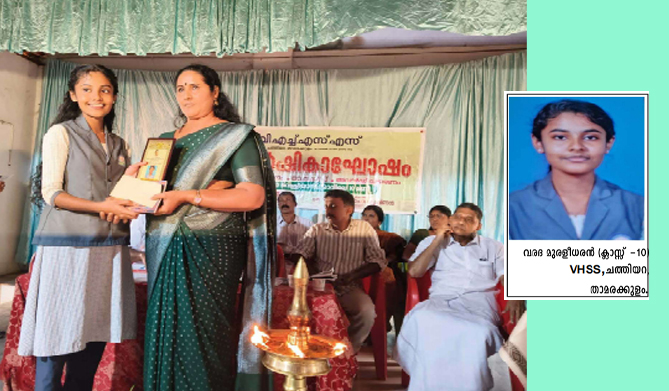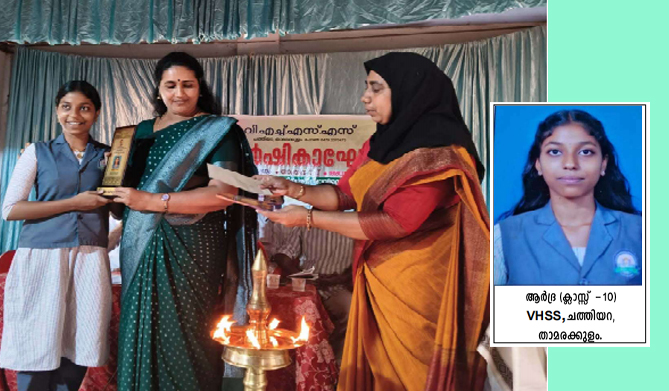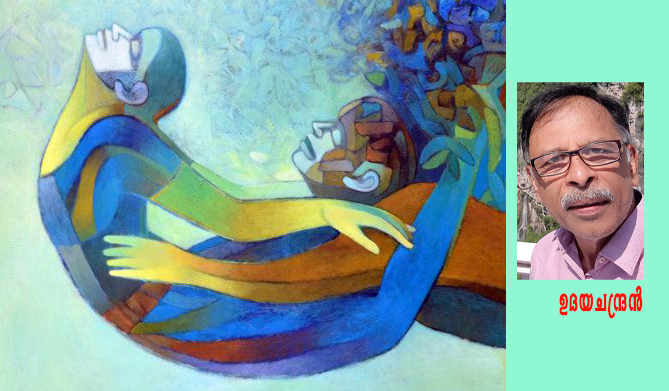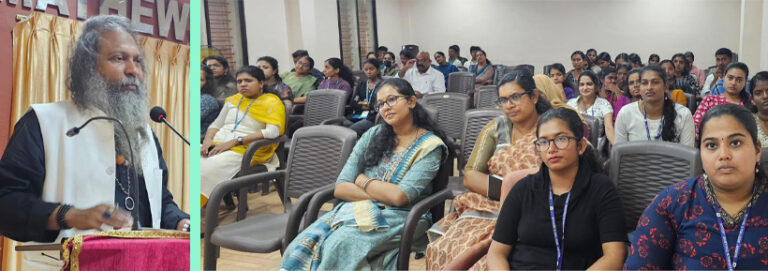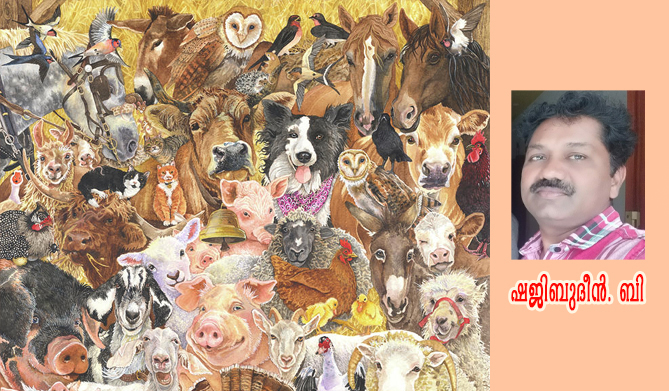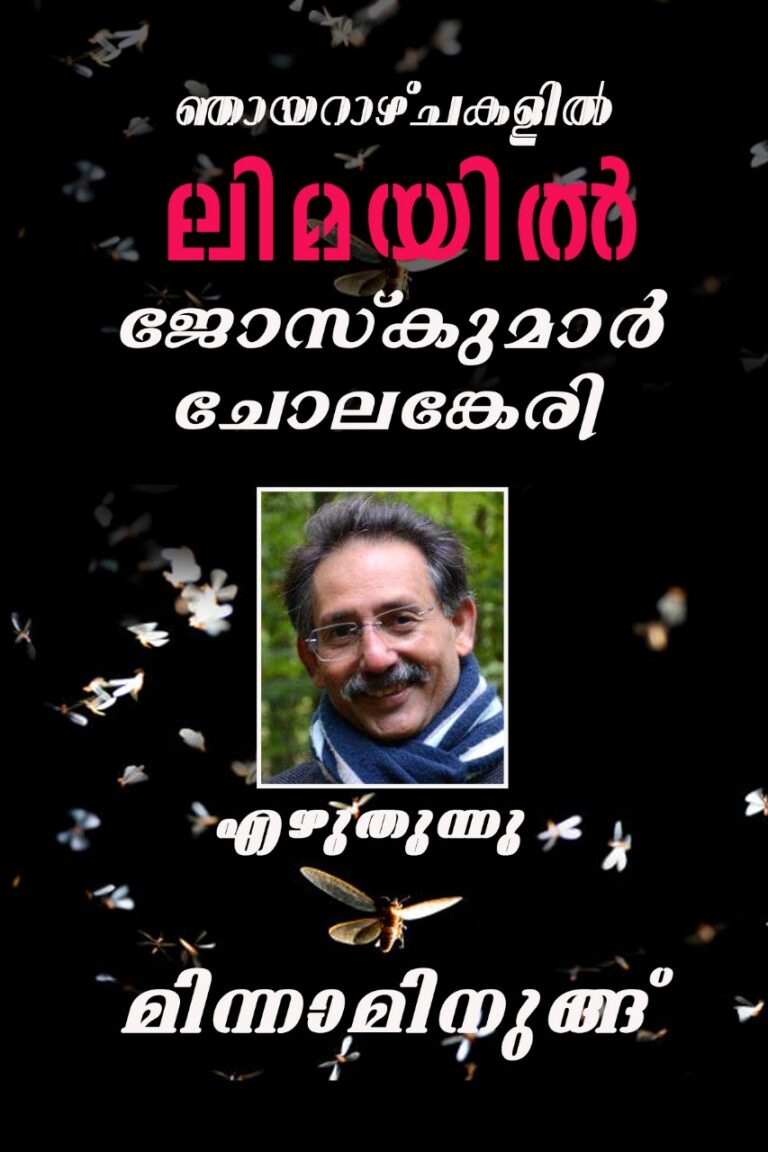Kaki
Weather Kaki was her name or not was not significant at all; but that was how she was called or addressed or the village people thought it to be. And she was not referred or known to many. She had a teeny- weeny existence, very few people have seen her and almost none had anything to do with her. She hardly came out of her tiny hut where she stayed alone. She spent most of the time doing herself something or without doing anything and ventured to go out only after sunset and sometimes in the afternoon when most of the people stayed at home and relaxed, and that too if there is anything exigent.
Kaki looked like a man or behaved like one,
Perhaps was a transgender. Her only connection was an old women ‘Charu’ who was a ‘Kudiyan’ [tenant or stayed under a landlord] appeared to have brought in by Gopus’s father who b rought couple of such people and made them to settle down in and around his large coconut plant compound where he had a huge house with about 1000 Coconut trees, a few Jackfruit and Mango trees mainly. The purpose of keeping them in different nooks and parts of his propertywas to make them do different kinds of work exclusively for him and in return they received basic amenities, diminutive wages, two room thatched house with a partition for Varanda and cooking corner. The wage was just good to take care of or buy other essential household things. They were all very poor, belonged to lower social, economic strata and hence by and large were loyal, sincere, worked hard and they too recognized their life was fine to a great extent.
The old women Charu was given settlement closest to landlord’s house, say a minute walk away as they were designated for doing work which started with early morning sweeping the large yard surrounding four sides of the house and the 100 feet long way upto the gate which led to the road and this had to be repeated in the evening, added with a bit of water sprinkling to settle the sand as well as for keeping the area a little cool and neet. She was supported by her three daughters all in their 20s and the eldest among them stayed back at their house mostly to do own house chores. They had several work such as looking after the Cow, removing small grasses on the yard, cleaning rice, masala grinding and so on so forth; they retired by noon for a break.
They were called and given all leftover food, relaxed upto 3:30 or 4:00 on the evening then rejoined for similar work and work pertaining to night food preparation. Charu was also sent to the nearby shops to bring provision items, vegetables or calling someone from the other hutments for doing some special work and things like that. Charu and such other old women wore cloths only upto their waist level since that was the norm though their children started wearing body blouses as things started changing then. None of them knew or learned how to read or write; it wasn’t necessary perhaps or not permitted or had no time for that.
Kaki was related to Charu, being the youngest sister of her husband Krishna who died several years ago owing to acute liver problem emanated from his excess tobacco smoking and drinking habit. So Kaki visited Charu’s house occasionally or sometimes slept there to enquire and give courage and moral support but she always came and left in the afternoon or night or early morning to avoid seeing people or when they sparingly moved around. Thus Kaki was quite an unknown person or entity, and very few might have seen or heard about her.
Kaki wore long loose half pants and thick half jabbha , smoked Beedi, ate Tobacco and managed to drink a little of alcohol too. She was tall, well built, with dark brown skin tone and appeared rough and tough; she seldom smiled or laughed and her voice was manly. Her hair did not appear long as it was well rolled up and kept to her neck level. She had no friends or relations except Charu and daughters. They thought and regarded her to be their savior or protector apart from the landlord family. Weather Kaki was happy or everything was fine with her or things of that nature were never brought at any time by Charu and family. Kaki’s visits to them were either in the afternoon or sometimes joined at night, ate food and left or slept and went back early morning before village woke up. She wasn’t very talkative either according to Charu or as per the version made to Gopu’s mother.That way, Kaki was never figured in the village or she was a non-existing factor in the scheme of things. The only time she came open, that too as per Charu’s accounts was once a year after the midnight during ‘Karinkutty Attu’ supposedly an extremely isolated ritual or Pooja sort of things which began after 11 at night and brought to closure by 5 or so in the morning; only a small group of old men and women of certain community or sects from very low social strata used to be present. Kaki used to take Charu on that night, perhaps it was then came to be known as a ritual or procedure held to please Karinkutty – a demon deity or sub deity. They perhaps consumed liquor, danced and sung that time to the tune of a couple of special drums which made loud noise. In the morning, the close by people just said that they couldn’t sleep peacefully on the previous night [Karinkutty makes the emotional rhythm originating from the 5 elements – earth, water, air, fire and ether. One can see the character Karinkutty only through the sensation of an unknown touch; he is the leader of the downtrodden and regarded\treated as the protector of oppressed].
One of Charu’s daughter had once informed the landlady that her mother took alcohol and also smoked ganja at the time of Karinkutty Attu and she was just overzealous to attend it; however, none of the daughters ever attended because the event was exclusively meant for oldies and they perhaps did all those stuff on that night. Apart from this, whenever Kaki came to their house, she discreetly offered a little of alcohol or sometime a bit of ganja to smoke. Kaki had those ‘Aaana Beedi’s’ [elephant beedi-long thick ones] in her pocket [there were mainly three types of beedis available in shops – small ones, long ones and also beedis with label which signified a better quality and did cost a little more while four small ones were available for one mukkal -{less than today’s 2 paise}, the big two beedis cost was a mukkal and label one was for two mukkal or half anna ]. ‘Anna Beedi’ was a little different – long as well as thick which was sold for 1 Anna each; this according to people who knew these things, contained little ganja mixed with Beedi tobacco. Kaki smoked this type often and carried one or two in most of the time. Kaki carried with her a fairly long iron rod and knife perhaps as a matter of personal safety or out of sheer fear or just to scare stray dogs because a few of them barked at her owing to her special clothing , walking style and so on. Whatever it could be, according to Charu’s daughters, their mother sat on the Varnada talked and sung until late night whenever Kaki was around and naturally they took them to be a little high, and they slept inside home more or less as usual.
The elder daughter was getting married to a man of much older age, lived a bit far away whose former wife had passed away and subsequently Charu informed this to the landlord. He then summoned the would-be husband to him who respectfully submitted that he would take good care of her once he marries her. Upon which, the landlord gave Charu some money to manage the brief wedding and also made arrangements for making a tiny Pandal in front of her house; this task was assigned to two of the male servants. She later pleaded on the wedding day that for 2 – 3 hours during the afternoon his son the little Gopu might sit a little away from the Pandal, in a specially arranged place and play some songs through the landlord’s gramophone to add joy and provide entertainment for the marriage party, the total of them to be around 20 – 30 people. After the marriage, Charu’s home naturally got reduced – Charu plus her two daughters.
In those days too there were some miscreants, rowdies, drunkards here and there who became more active during nights after getting drunk and and kept tabs on these two young and hapless girls and such other women, sometimes trespassed into isolated houses, stole away something or scared them after midnight and also sexually abused them. Generally these things did not come to light for either the victims were afraid to name them or for fear of getting branded as bad women and many thought there were no other ways except to endure, if it happens to them as they were too poor and helpless. Charu’s two daughters were young and looked quite pretty and as such the landlady cautioned to take care by themselves and they should go to sleep as early as possible during nights after keeping the doors and windows closed. And in anyway, all such Small houses had one or two tiny holes on the room walls in opposite directions for the air to pass through and also to view in case, anyone stood outside or moved around. But the problem was Charu’s hutment was in an extreme corner near the road and was a bit isolated as there were no houses close by, the nearest being landlord’s which was a huge one with thick wooden doors and windows and once they were shut the outside noise would not be heard unless someone stood in the yard or yelled loudly; there again they either slept in the inner broad rooms or in the rooms upstairs.
Most of the festivals took place in March and April; it was good summer, vacation time for schools and it was also paddy harvesting season. Karinkutty Attu also came in the month of April. Two of the miscreants who had an eagle eye on those two women kept stalking and staring at them from the road whenever they stood outside home or combed their hair or while washing clothes or putting them on the drying lines. The two goons, could be in their early 20s, hardly did any work, slept until noon as night sleeps were rare but played cards and made money or did some small thefts, made quarrels and physical fights with people who came forward to counsel or protest them.
The culprits were never in good sense for they used to be under the influence of alcohol or ganja or both most of the time and that had been going on for some time. By and large the villagers loved peace and were unwilling to impede or fight as they were all engaged in their own little work. In the past, occasionally some people resisted, protested or complained to their respective landlords or masters but miscreants taught them harsh lessons in one way or the other. To put this in another way, none had the real will, bravado or guts to withstand that. They stood on that edge of the road near Charu’s home under one pretext or other specially in afternoons and late evenings, or merely loitered.The two daughters were scared, deeply worried and they either sat inside mostly or behind the house whenever the ruffians sighted on the road. On the day of Karikutty Attu, hooligans worked out a plan and decided to take them on, knowing pretty well their mother Charu would be out that night and would not return until morning.
Late night they came, sat on the road, kept drinking and smoking. After midnight when they mustered ample dutch courage they crossed the fence, took a stick to open the inside latch of home and tried to force on the one who was in the first room. But she shouted to wake her sister and told her to take the ‘Koduval’ [varakati or big knife used for coconut cutting which is made out of solid carbon steel]. Both the miscreants ran away for they did not expect a response of that nature but took things for granted and merely thought at any rate the night would be theirs. But while going they said “We will come back again and you will be forced to surrender”. After they left, the sisters lit up a small kerosene lamp and sat near them holding Koduval in one hand; neither they lied down or slept but desperately longed for their mother to return. They did not want to step out or approach the landlord’s house for they were numb and terribly frightened.
Charu returned around 5:30 in the morning, on hearing this rushed back to Kaki’s house to explain everything. Both came back soon, while Kaki carried her small bag packed some extra clothes, her bath towel, the iron rod and hurriedly picked up a couple of beedis for that was her constant companion. Daughters were consoled and promised such a thing would never occur again to them as she was going to be around during late nights. “If it happened next time, then that would surely be the last”. She said angrily by lifting her iron rod.
Since then, Kaki joined them almost every night to extend assurance and protection; advised them not to speak out anything about that incident or even make a mention of the plan which she made for executing next time. However, one daughter disclosed this to the landlady but she confided to none. Gopu though heard this hushed conversation but then he was too small to comprehend.Gopu liked Charu and her daughters very much for they really loved him and looked after him almost the entire day time turn by turn or jointly. He went to their house during afternoons which lasted a couple of hours. They played with him hide and seek game, thief and police, told god related stories or story of tailor and elephant or how a thirsty crow could drink the scant water from a vessel by using some tricks of putting little pebbles which helped raising water level. Gopu also learned stories of how snakes took revenge later who inflicted them injury or discomfort, and also why kids who hurt butterflies later went to hell and several such other things. They gave him jaggery pieces to eat or some cashew nut preparations or little ‘kopra’ pieces which Gopu was very fond of. Almost every day they made something or the other for him or collected some berries to nibble.
A little after midnight everything seemed to be falling in place as they had planned; the drunken miscreants entered the house and the girls directed them to the next room. Then they heard the sound of blows and their huge sudden cry that lasted for a short brief of time. Miscreants fell on the floor due to hard blows, could not get up or utter anything. Then as planned earlier, they were tied up with ropes letting them hold their clothes in between their hands and their one leg was tied with other ones then fastened to coconut trees. Kaki sat on the Varanda, occasionally murmured something to herself, smoked beedis – small, the long and the anna beedis, looking the beautiful full moon up in the sky.
In the early morning well before 6 when the darkness was at its fag end but not dissolved completely, and the sun was still hiding, Kaki called up Charu to follow her and freed them from the coconut trees, took them by walk to the nearby small village market place and tied them up on a mango tree which was on one side of the road. Kaki still carrying iron rod and Koduval waited for a few people to gather in the market as they came there for taking early morning tea, buying items like beedis, matches, bathing soap and things like that.
Whoever came there were aghast to see the unusual scene and none knew or seen Kaki any time before. Kaki with her special appearance, manly face with big red protruding eyes , rod and Koduval in hand gave them terrible surprise, bewilderment, shock and curiosity. Then Kaki in a tough voice ordered the miscreants to confess which they instantly did out of intense fear, pain, hurt and shame.
Kaki gave one good= slap to each, and then a deep but horrible hug on their cheeks, freed them from the tree and asked them to run to their home. She then stood strait, raised both her hands- one with the rod and other holding Koduval pronounced a kind of deep, measured and loud statement “ never again such a thing should happen in this village or else Kaki will come again and deliver the immediate justice and verdict “. People were then surprised, applauded, felt happy and profusely thanked Kaki but from a little distance for the fear had still not died down or not even a bit of it is eroded. Kaki walked back, holding Charu’s hand. She then took a bit of alcohol, smoked one aana beedi, offered a little to Charu and laughed loudly for a while. Then the laugh subdued; Kaki then fell asleep on the little Varanda.


